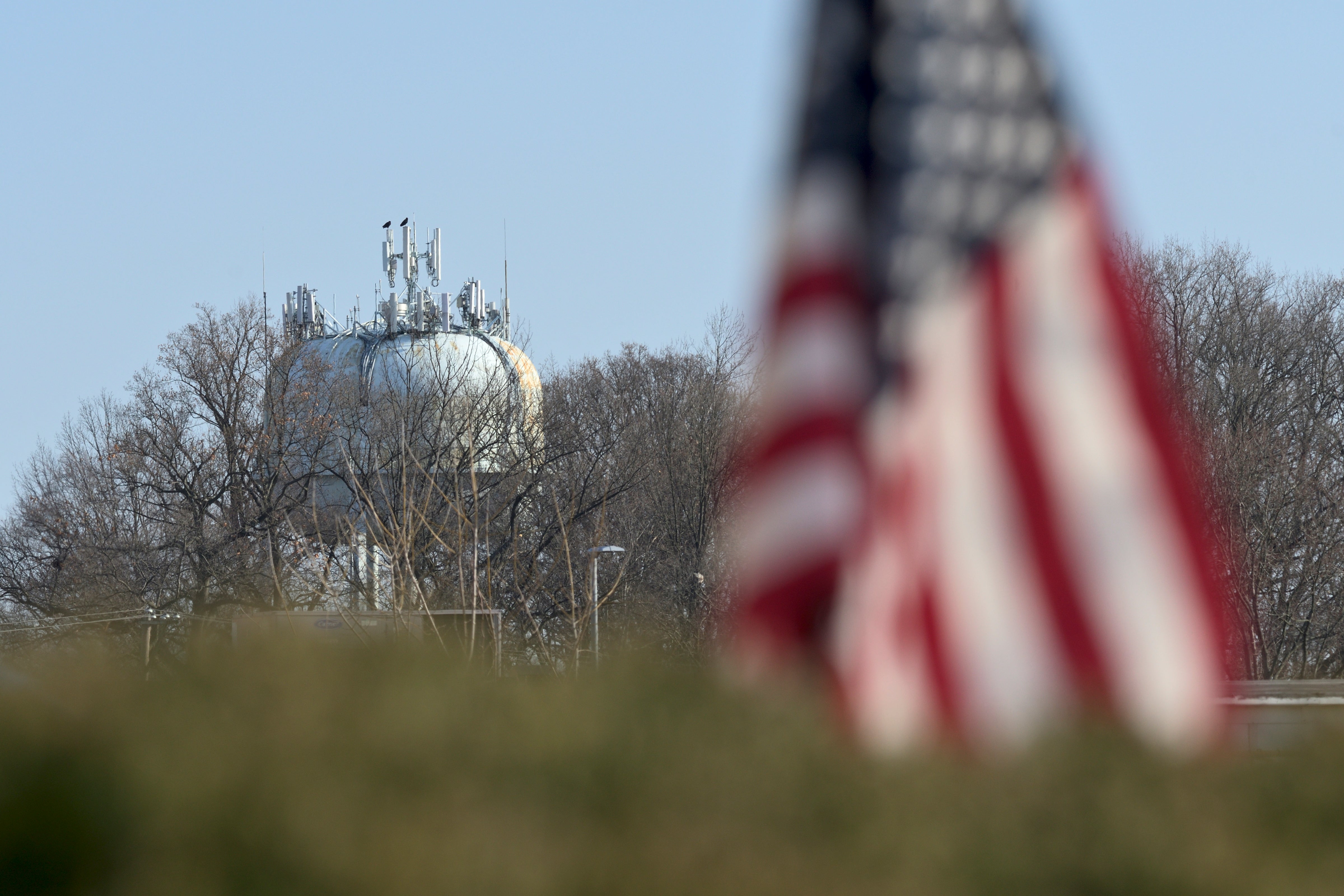
For the first time, the U.S. government has proposed limits on toxic “forever chemicals” in the nation’s drinking water.
Compounds in this class of chemicals, known scientifically as perfluoroalkyl and polyfluoroalkyl substances (PFASs), have a strong carbon-fluorine bond. That means they don’t readily break down under ambient environmental conditions—and it is suspected that they can persist in the environment for hundreds, or even thousands, of years. PFASs have been linked to a wide range of health issues, including various cancers, immune deficiencies and pregnancy complications.
Thousands of PFASs have been used in hundreds of products ranging from cookware to clothing and from firefighting foam to pesticides. The U.S. Centers for Disease Control and Prevention has found these chemicals in the blood of nearly everyone the agency has tested for them. A 2021 peer-reviewed study by the Environmental Working Group (EWG), a nonprofit advocacy organization, found that the drinking water of a majority of Americans contains at least two PFAS compounds.
A new regulatory proposal from the Environmental Protection Agency would limit the permitted drinking-water levels of six PFAS compounds: perfluorooctanoic acid (PFOA) and perfluorooctanesulfonic acid (PFOS) individually and four others as a mixture. If finalized, the rules would require public drinking water utilities to monitor for these chemicals and to notify the public and reduce levels if they exceed certain standards. For PFOA and PFOS, this limit would be four parts per trillion (ppt). The EPA had previously advised that levels of these chemicals should not exceed 70 ppt.
“EPA’s proposal to establish a national standard for PFAS in drinking water is informed by the best available science, and would help provide states with the guidance they need to make decisions that best protect their communities,” said EPA administrator Michael Regan in a news release from the agency.
The American Chemistry Council, an industry group, announced its support for drinking water standards in its own news release. But the group took issue with the science the EPA used to set the proposed limits and warned about high compliance costs.
The proposed regulation, which will undergo a 60-day public comment period, is part of the administration’s larger PFAS Strategic Roadmap to rein in PFAS pollution.
“These six PFAS stand out as some of the most well-studied PFAS, but the entire class of chemicals is a health concern,” said David Andrews, a senior scientist at EWG, in a news release from the organization. “Action to reduce exposure cannot come soon enough.”


